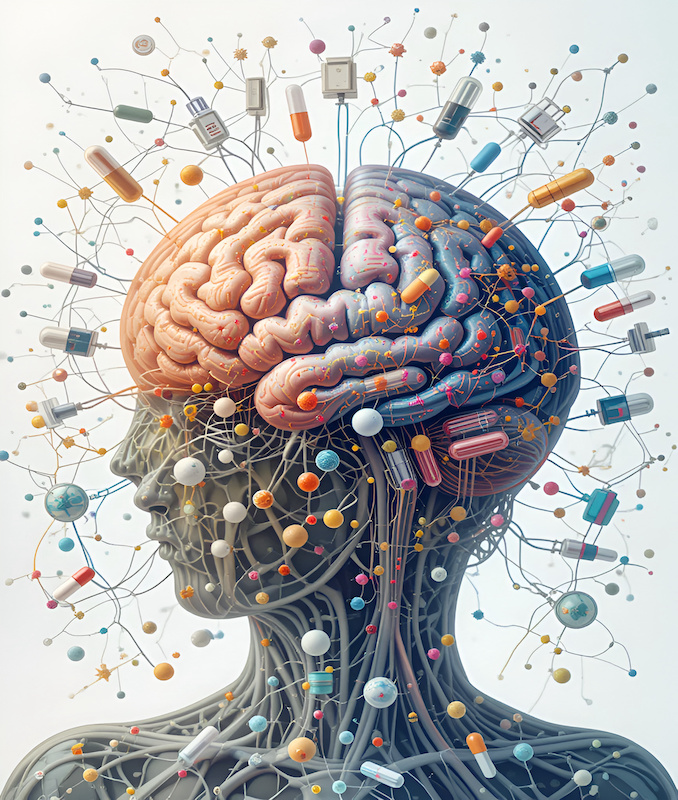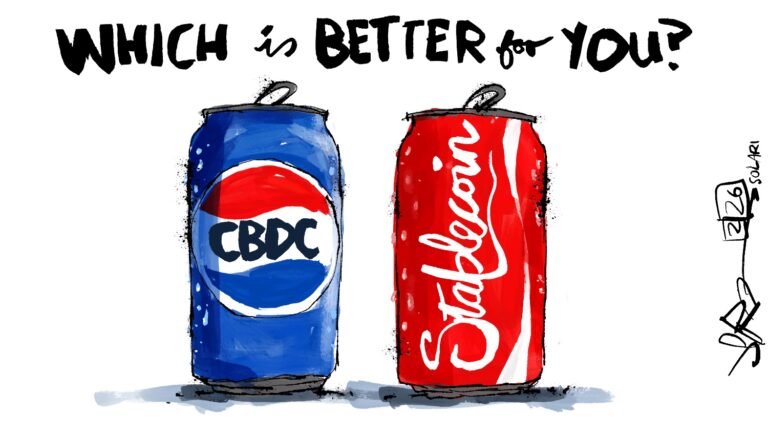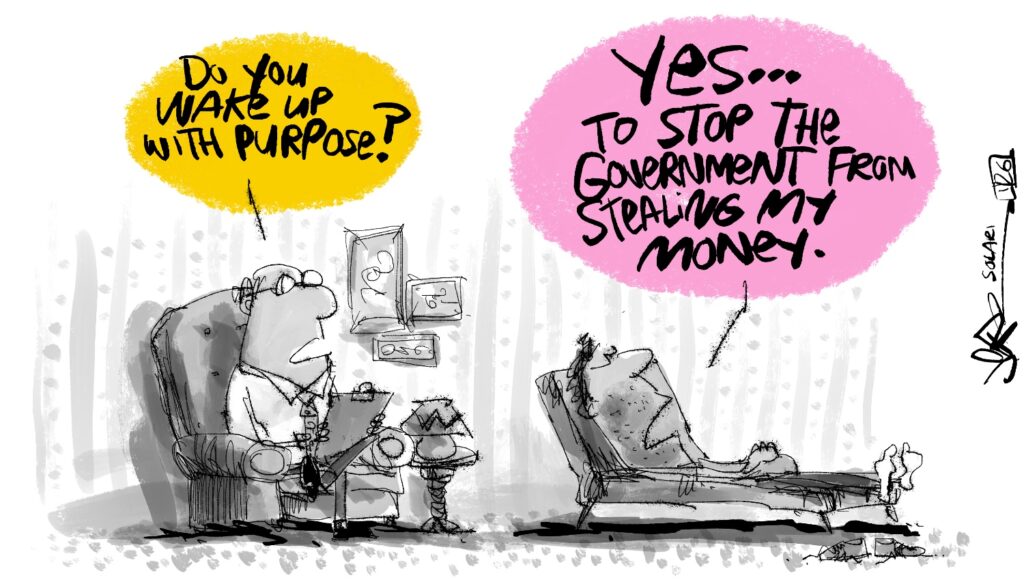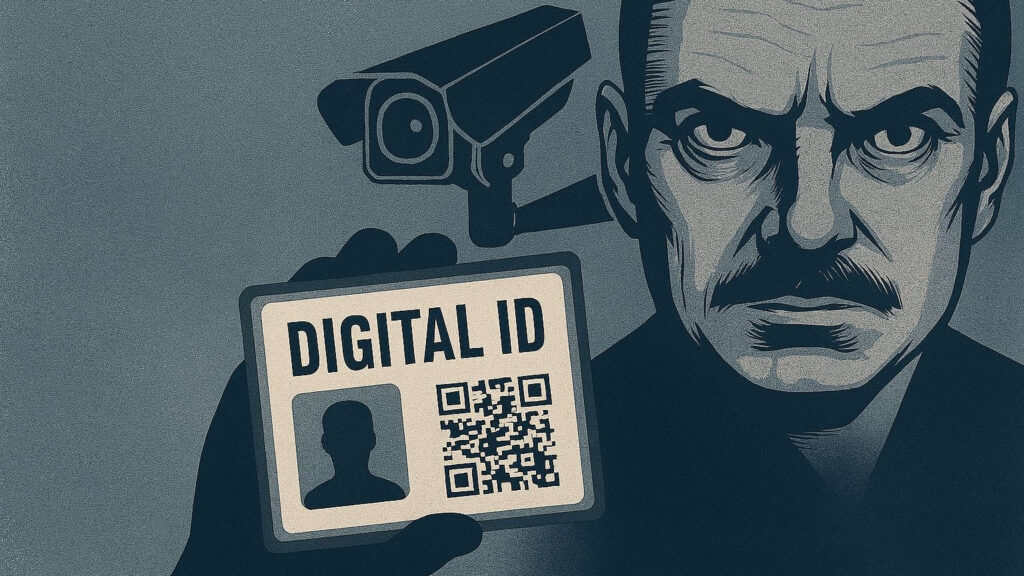Become a member: Subscribe
Action of the Week
Don’t Let Pharma Rewire Your Brain

“In a world where empathy can be chemically erased and thinking pharmaceutically suppressed, the simple act of feeling deeply and thinking clearly becomes revolutionary.”
~ Unbekoming
Action of the Week, September 7, 2025
Don’t Let Pharma Rewire Your Brain
In the health arena, we are at a fast-moving and critical historical juncture, with more and more people waking up to the life-changing and life-threatening dangers of vaccines. This growing public skepticism about one category of pseudo-pharmaceutical and pseudo-regulatory activity provides a window of opportunity to highlight the risks of other drugs as well—products seemingly less controversial but no less profound in their impact.
In an August article titled “The Mind Thieves: How 6 Common Medications Are Stealing Our Humanity,” Sayer Ji (whose GreenMedInfo website provides one of the largest online repositories of research documenting adverse pharmacological actions) does just that. Ji describes (and extensively references) how six types of heavily promoted over-the-counter and prescription drugs are, Pied-Piper-like, leading millions off a psychiatric cliff.
As Ji methodically documents:
- Acetaminophen (present in over 600 medications) reduces empathy, blunts positive emotions, and seems to foster risk-taking behavior
- Antihistamines and certain sleep aids dramatically increase dementia risk
- Dependency-creating proton pump inhibitors disrupt the gut-brain axis, leading to a wide range of adverse effects
- Hormonal contraception doubles or triples depression levels and alters brain development in teenage girls
- Beta-blockers and statins impair cognition and memory
- NSAIDs (nonsteroidal anti-inflammatory drugs like ibuprofen) create “unpredictable psychiatric outcomes when combined with other medications”
Commenting on Ji’s reportage, “Unbekoming” (the anonymous author of the Lies are Unbekoming Substack) goes several steps further, making critical points about the systematic intent behind this population-wide pharmaceutical rewiring:
“These outcomes are entirely predictable from the pharmacological mechanisms involved—and what is predictable cannot be called unintended [emphasis in original]. When drugs that reduce empathy, fog memory, and rewire cognitive function are prescribed to hundreds of millions, we’re witnessing the pharmaceutical implementation of what can only be described as a war on thinking itself—where the weapons are disguised as medicine and the battlefield is the space between our ears…. [E]ach medication in our cabinets represents another node in this vast network of neurological sabotage.”
Adding, “The genius of this system lies in how it destroys the very faculties needed to recognize what’s happening,” Unbekoming also connects pharma’s “chemical straightjacket” to Omniwar and the “battle for the brain” so ably documented by David A. Hughes and colleagues at Solari and elsewhere.
Both Ji and Unbekoming hold out hope that we can “break free from pharmaceutical mind control.” As Ji and GreenMedInfo remind us, superior alternatives are available in “nature’s pharmacy” for every one of pharma’s sinister offerings. We can shift the model. As Unbekoming puts it:
“The choice is ours: continue accepting pharmaceutical mind theft as the price of symptom relief, or embrace the growing body of evidence showing that nature provides safer, more effective solutions that honor rather than hijack our neurological heritage.”
Log in or subscribe to the Solari Report to enjoy full access to exclusive articles and features.
Already a subscriber?

























































































































